It is a sad irony that the legislature, perhaps the most critical institution of democracy, will initiate laws that majority of the people they represent would consider as capable of putting them in a situation where they may be unable to exercise their franchise to vote and elect leaders of their choice in 2019.
This is the scenario that now stairs all in the face in view of the Electoral Amendment Bill 2018 passed by the National Assembly and now awaiting the final assent of President Muhammadu Buhari.
But there was a widely anticipated turn of event that may yet save the situation if all go well. Last Monday, three political parties approached the Federal High Court, Abuja seeking an order of the court to stop President Muhammadu Buhari from assenting to the Bill. The parties are: Advanced Peoples Democratic Alliance, (APDA), Allied Peoples Movement, (APM) and Movement for Restoration and Defence of Democracy, (MRDD).
They are seeking a declaration of the court that assenting the bill would truncate the 2019 general election. Their Counsel, Dapo Otitoju, told reporters that they had two questions for the court to determine.
“Whether assenting to the Electoral Amendment Bill 2018, now will not truncate the Chairman, Independent National Electoral Commission, (INEC) from ensuring proper conduct of the 2019 general election.”
These are no doubt valid questions that all concerned Nigerians, and members of the international community must ask. It is a shame that our legislators do not appear to put their country first in their deliberations, otherwise commonsense would have dictated otherwise. Legislators, especially their leadership, are fond of initiating laws that cater to their interests and not the interest of the country.
A national daily recently reported in its front-page lead story that the NASS is currently working on bills that would lead to the establishment of at least 12 new tertiary educational institutions in the country, so soon after 11 new federal universities were established.
Yet, NASS has not initiated any bill that would make our tertiary education more qualitative and prevent lecturers from going on strike.
The most contentious new amendment to our electoral laws which NASS wants to foist on the 2019 is the insistence on electronic voting and transmission of results for the next general election that is scheduled to happen in February 2019. As desirable as this provision in the amendment is, the timing is unsuitable and portends grave danger to the 2019 election if signed into law.
The bill provides for electronic transmission of results from polling unit to collation centres. In a country where illiteracy level if said to be over 60 percent of the population, how do you properly educate the electorate so that they are not dis-enfranchised in the election that is just two months away?
How can an electorate to savvy in ICT assimilate the act of electoral voting and transmission in less than two months to the general elections? Is this not a recipe for confusion? A proper voters education and demonstration of electronic voting system is required to be done in all 36 states of the federation, the FCT and the 774 local government areas before such a bill can be introduced to the electoral process This is a strong reason why the President must withhold assent until after the 2019 election.
What is a major source of concern also is the absence of clarity in the Bill as to the commencement period of its application and operation. The sensitivity of the Bill is such that it cannot accommodate any ambiguity in view of its capacity to generate chaos at a time when elections are already at hand and the process for its conduct almost completed.
The INEC, political parties and other stakeholders in the electoral process have been working with the Electoral Act 2010 as amended. The existing act had been used by political parties to conduct primaries into political elective offices for 2019. Amending the act that had been used for primary elections in preparation for the 2019 general elections would engender confusion in the electoral process. Assenting the Bill at this time may effectively truncate the electoral process which has already began.
I am not sure those who are challenging the Bill in court are against its provisions. I think they are only concerned that assenting the Bill two months to election would disrupt the electoral process and reduce the credibility of the February elections. Why can we not wait until after the next election to sign the Bill into law? Or are some people planning to use the anticipated confusion to manipulate the election?
It is also necessary to factor in and be mindful of the African Union Protocol which strongly disapproves any amendment or introduction of new electoral laws three months to the election, as in this case. Nigeria as a key international player must be seen to have respect for international protocols and convention. We cannot be seen to be operating in breach of international protocols and convention as a nation.
Events since the Nass first passed the Bill to the presidency showed it was a hurriedly packaged law with a pre-determined objective. The Bill was returned for correction twice, and the law makers never faulted the grounds for rejection. It was an admission of it tardiness and a lack of deep, patriotic thoughtfulness that went into it package.
President Buhari had again refused to assent the Bill immediately and the NASS are threatening to veto it. A senator even tweeted asking Buhari to ignore “Cardreaderphobics” and sign the Bill-a term he used to describe those asking that electronic voting be deferred. It’s an indication of how self-consumed our lawmakers have become that one of them could suggest to the President to ignore patriotic Nigerians asking that the electorate not be dis-enfranchised.
But no one should be surprised that the leadership of NASS is behind the push for the signing of the Bill. Both Bukola Saraki, President of the senate, and Yakubu Dogara, Speaker are now members of the opposition PDP following their recent defection from the ruling APC. Saraki is also the Director of Campaign of the Presidential Candidate of the PDP, Atiku Abubakar. Anyone familiar with politics in Nigeria know that the Bill has been factored into the plan of the opposition party.
They certainly have their reasons for pushing for it. But if their reason is not to cause confusion and benefit from it, then its hard to see any other reason. Only two weeks ago, Uche Secondus, National Chairman of the PDP, at an event where Saraki, Atiku and others were present, called for the sack of INEC Chairman, Mahmud Yakubu and the Inspector General of Police, Ibrahim Idris two months to the next general election!















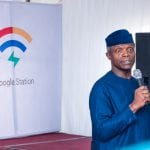




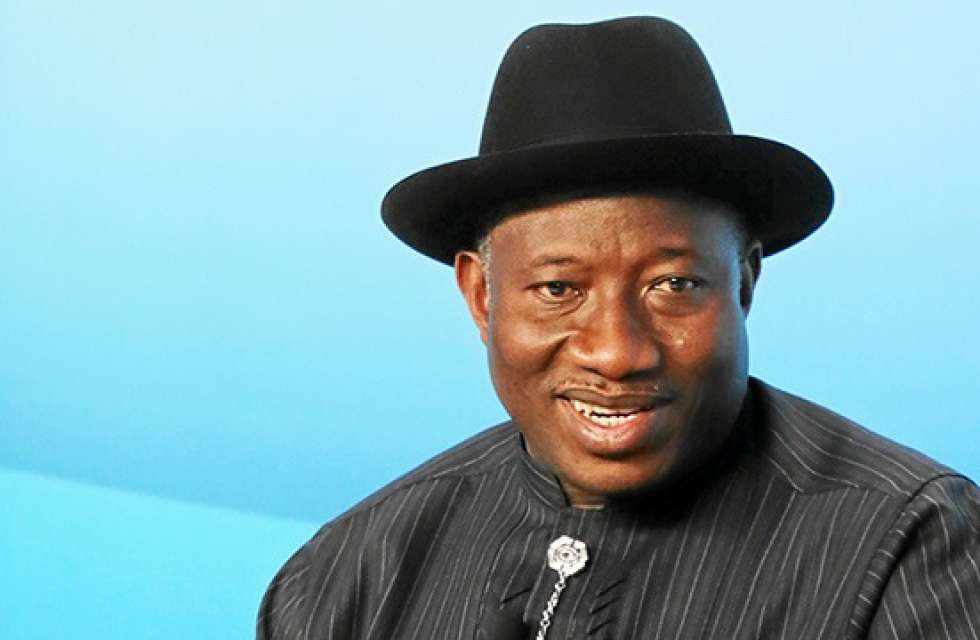
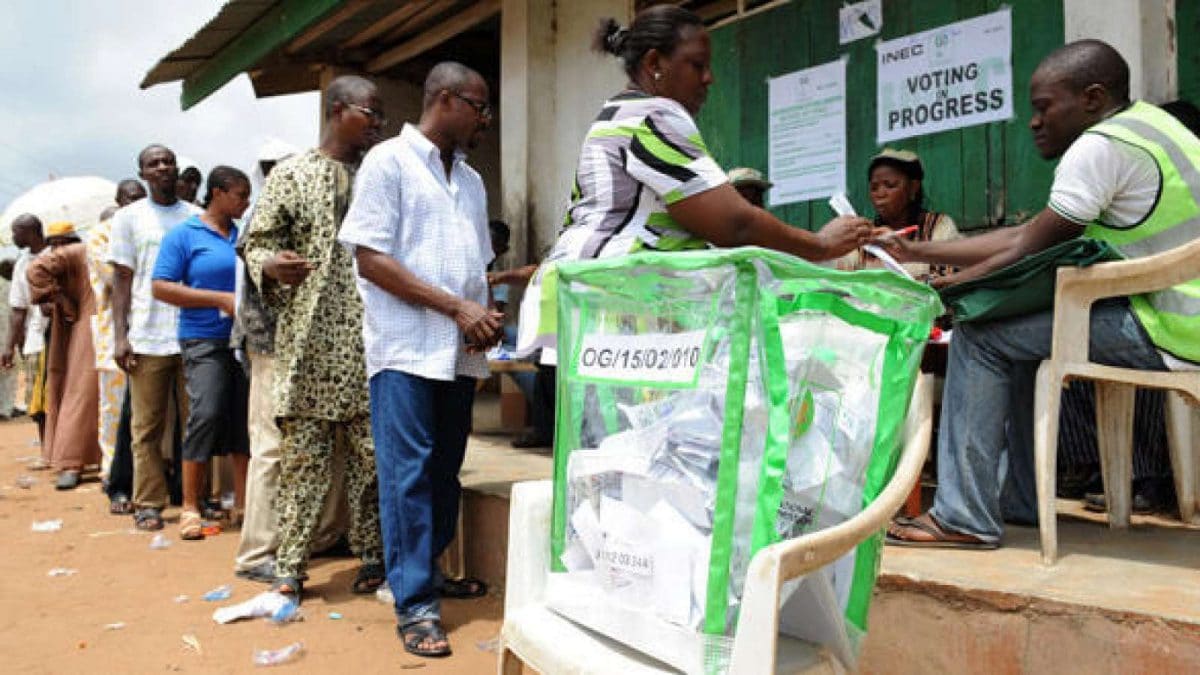
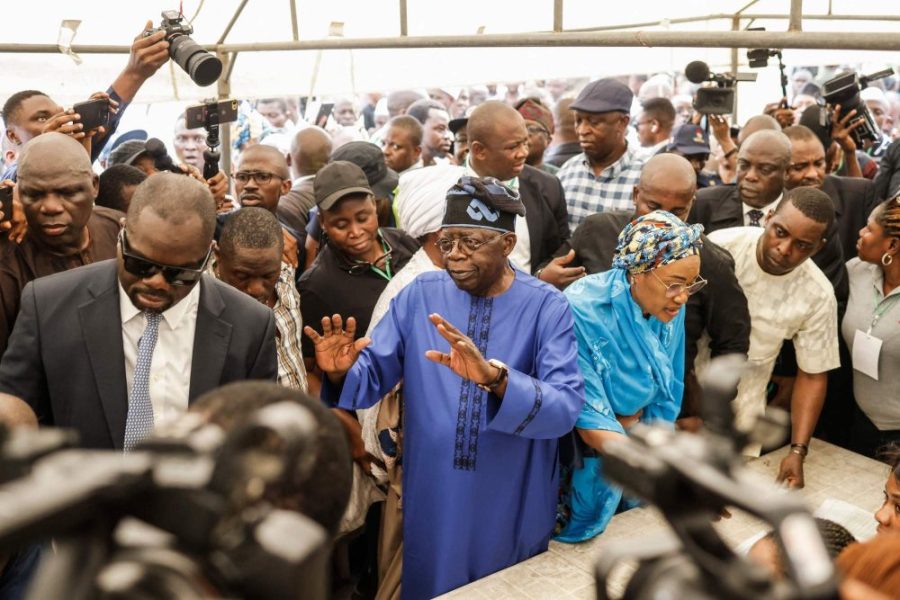
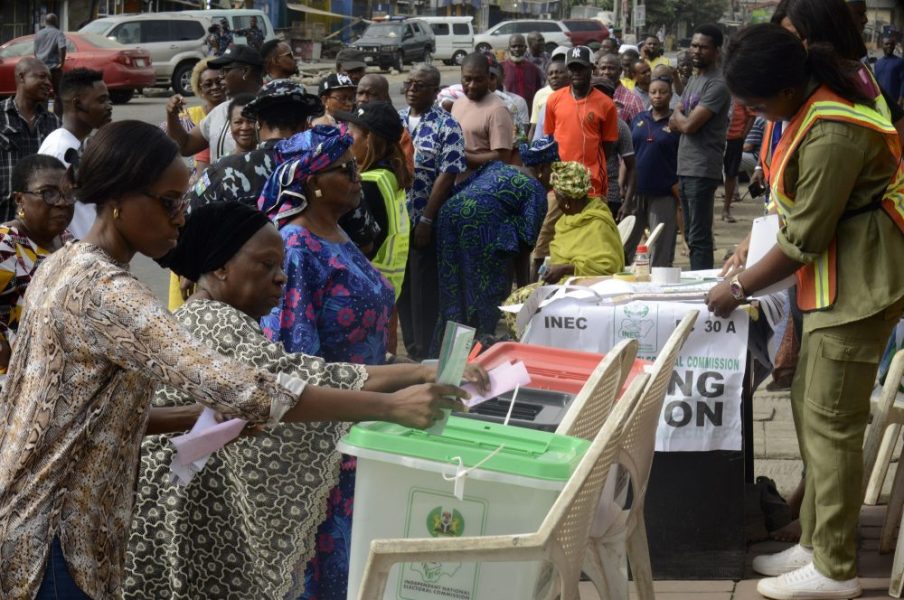
Leave a comment